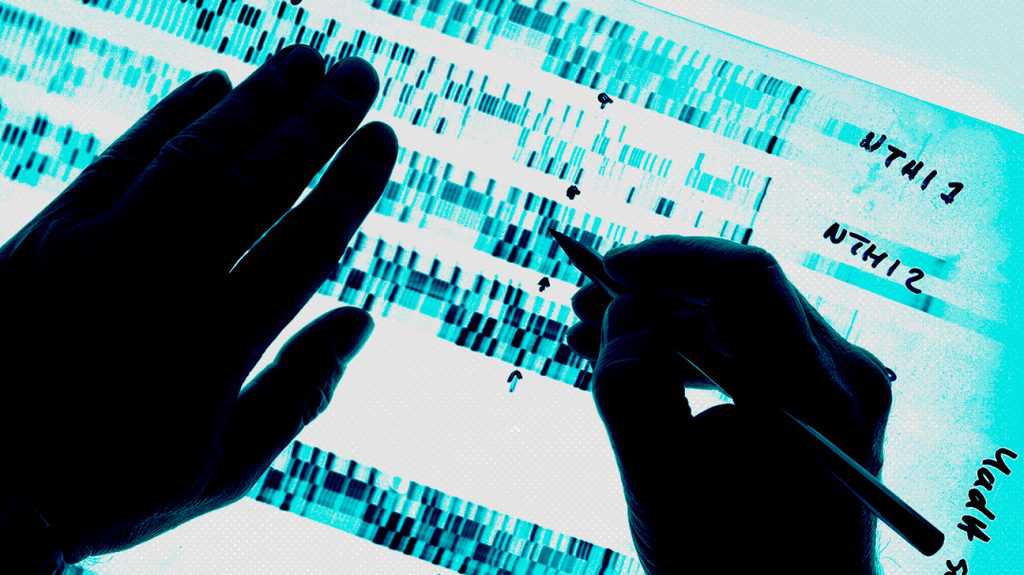COVID-19 DNA vaccine prospects show promise on hamsters, mice
30 May, 2021

In a new examine, a team of experts demonstrated that DNA vaccines work against COVID-19 in mice and hamsters.
The study, which appears in the journal PLOS Neglected Tropical Disorders, lays the bottom for further research to determine if the technology may also be effective against COVID-19 in humans.
DNA vaccines
Conventional vaccines use a weakened or inactive pathogen to teach a person’s disease fighting capability to react to the pathogen.
Even so, DNA vaccines deliver section of the genetic info of the pathogen into a person. This then generates the antigens of the pathogen - the substances that result in a person’s disease fighting capability to produce antibodies.
These antibodies can then offer cover against contamination of the full pathogen later on.
Research on DNA vaccines emerged found in the first 1990s. Initial study demonstrated that it had been possible to employ plasmid DNA to create an antibody response.
Experts were excited because, according to Prof. David B. Weiner, Professor Emeritus at the University of Pennsylvania University of Medication, and his colleagues, “in theory, DNA vaccines could generate wide immune responses, similar to the live-attenuated virus program, without the need for a replicating pathogen.”
Even so, Prof. Weiner and his team remember that while early analyses offered proof concept, the results had been disappointing. Crucially, the DNA vaccines did not produce powerful antibody responses.
A good variation on the DNA vaccine may be the mRNA vaccine, including the Pfizer-BioNTech and ModernaTrusted Origin COVID-19 vaccines.
Unlike DNA vaccines, mRNA vaccines need not reach the cell nucleus to work, which researchers believe could increase their effectiveness and mode of application.
However, DNA vaccines have the good thing about being steady at room temperature, making them much easier to transport and retail outlet - something crucial during a global pandemic such as for example COVID-19. In contrast, mRNA vaccines require many colder temperatures.
As a consequence, regardless of the successful deployment of mRNA vaccines in response to the COVID-19 pandemic, there is still much fascination in the probable of DNA vaccines.
Animal study
In today's study, the team wished to investigate the potential efficacy of DNA COVID-19 vaccines. To do so, they conducted an pet study using mice and hamsters.
Relating to Dr. Shih-Jen Liu, of the National Institute of Infectious Diseases and Vaccinology, Zhunan Township, Taiwan, and the study’s co-authors, “the DNA vaccine is an ideal vaccine platform with countless advantages, including easy style and production, stableness at a variety of temps, and low production expense.”
“Hence, the DNA vaccine program is ideal for rapid and large-scale manufacturing during infectious disease outbreaks.”
To improve the effectiveness of the antibody response that the DNA vaccine makes, the researchers focused on helping the delivery of the vaccine.
DNA plasmids found in DNA vaccines can degrade quickly, as a result exploring different delivery strategies is necessary to reduce enough time it requires for the DNA to enter the nuclei of a good person’s cells.
The researchers used an activity called electroporation to greatly help increase DNA delivery velocity, hoping that would increase the performance of the antibody response. Electroporation uses electric shocks to insert DNA into cell nuclei.
Source: www.medicalnewstoday.com
